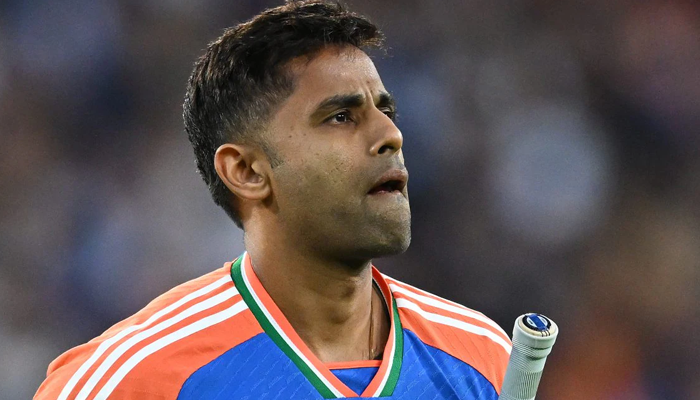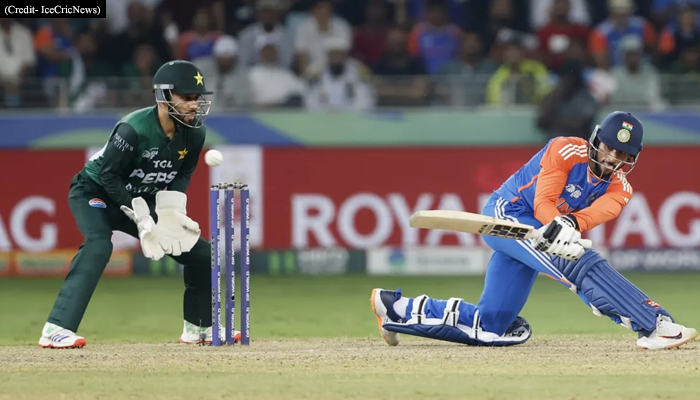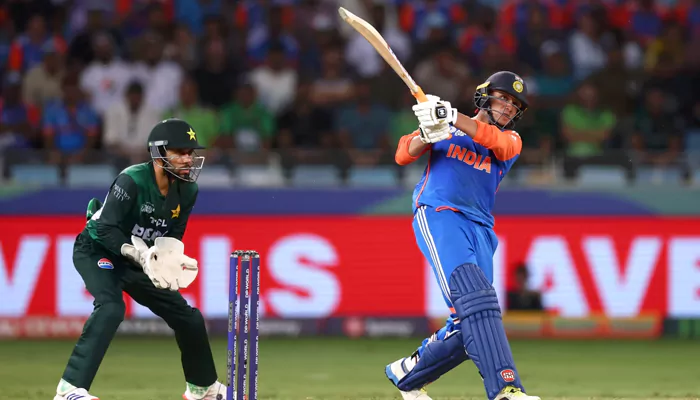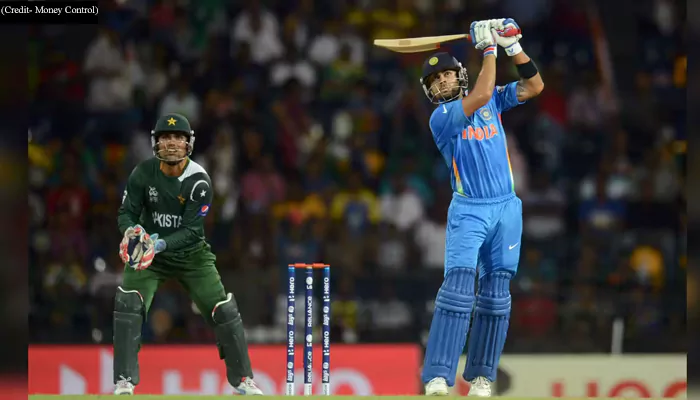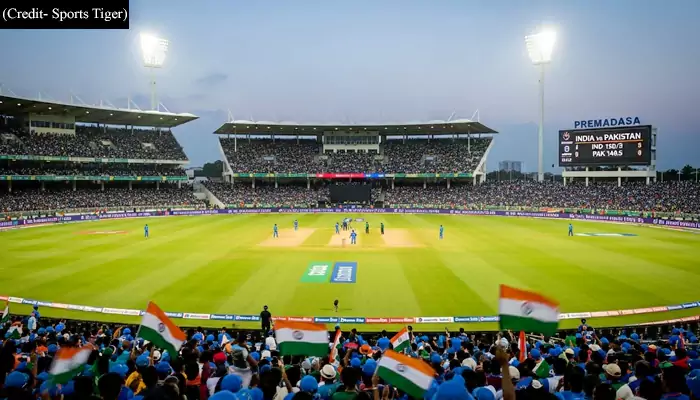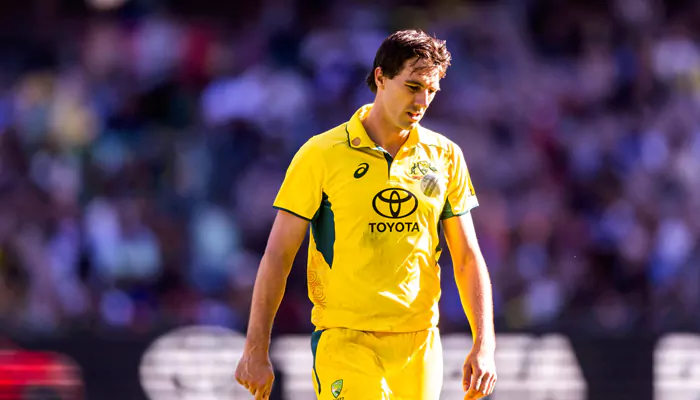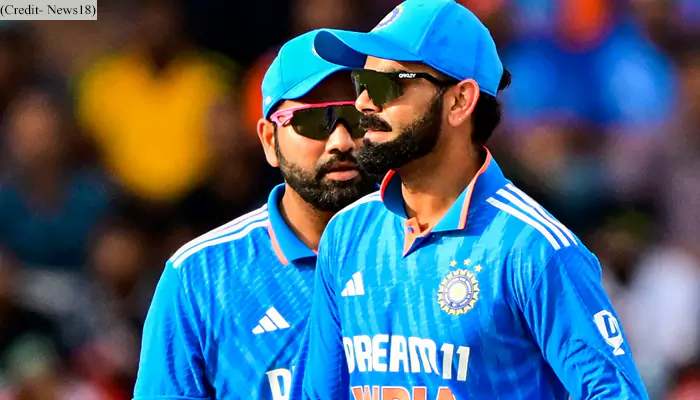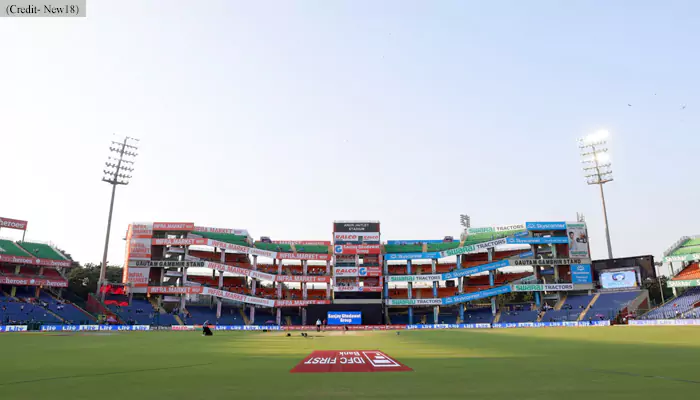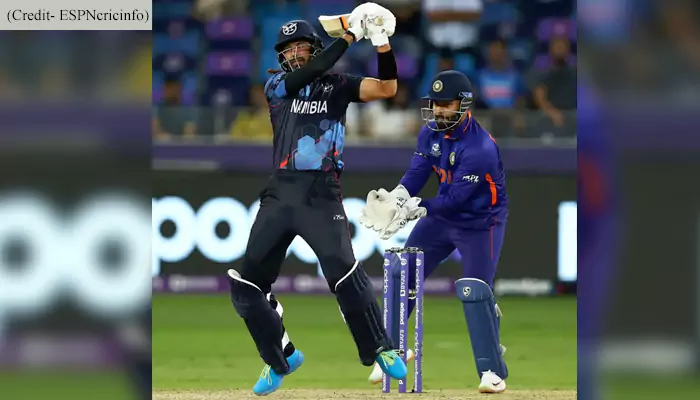KD Jadhav: The Indian Olympian Who Deserves a Shoutout Amidst the Trending Name of Pritchard
- Admin
- 1 year ago
- 4 minutes read

He collected money from villagers, with the biggest contribution coming from his former principal, who went so far as to mortgage his house to lend him Rs 7,000.
The name of Norman Pritchard is trending alongside Manu Bhaker given the two athletes are India’s only Olympian to win two medals in a single Olympic edition. It must be noted that Pritchard was a British-Indian and won the medal for India under the British regime. We believe it is the apt moment to remember KD Jadhav, the first athlete post India’s independence who gifted India its first-ever Olympic medal.
From Rejected to Champion: A Scrappy Beginning
Jadhav’s journey to the Olympic podium was far from smooth. At the young age of 23, his wrestling dreams were nearly dashed. When he approached the sports teacher at Raja Ram College in Kolhapur for a spot in the annual wrestling event, he was dismissed due to his small stature. However, this rejection only fueled his fire.
Jadhav, unwilling to back down, marched to the college principal and demanded a chance. His single-minded focus won the principal over, and he was allowed to compete. Bout after bout, he defeated opponents far bigger and more experienced, proving his doubters wrong. This incident became a defining moment for Jadhav, showcasing his grit and refusal to be deterred by obstacles.
A Passion for Wrestling: Honing Technique over Power
Maharashtra boasted a rich wrestling heritage in the mid-20th century. Jadhav, hailing from the small village of Goleshwar, shared this passion, which trickled down to his five sons. While he never reached the level of fame of wrestlers like Maruti Mane, Ganpatrao Andalkar, and Dadu Chowgule, his passion was undeniable. He excelled in various sports like weightlifting, swimming, running, and hammer throw, but at 10 years old, the wrestling tradition beckoned.
“He would never miss any wrestling event anywhere,” recounted his childhood friend Rajarao Deodekar. “He would take all of us with him to watch and then analyze and discuss the match with us.”

Jadhav triumphed over international wrestlers like Canadian Adrien Poliquin and Leonardo Basurto of Mexico in the bantamweight category // Picture Courtesy — India Today
With his slight build, overwhelming his opponents with sheer power wasn’t an option. Therefore, Jadhav focused on perfecting his technique. He mastered a move known as “Dhak” in the local language, where a wrestler holds the opponent in a headlock and throws them to the ground. This earned him the nickname “Pocket Dynamo.”
Through rigorous training under his father and later mentors like Baburao Balawde and Belapuri Guruji, Jadhav’s talent blossomed. He started winning multiple state and national-level titles. After his victory at Raja Ram College, the wrestling hub’s Maharaja of Kolhapur was impressed and funded his trip to the 1948 London Olympics.
A Taste of the Olympics and a Burning Desire
London 1948 marked Jadhav’s first Olympic experience. He finished sixth, a commendable feat considering his prior training on mud grounds, a stark contrast to the Olympic mats. Despite the achievement, Jadhav wasn’t satisfied. This fueled a burning desire to return to the Olympics and win a medal.
His friends recalled his relentless training: “He had great stamina and was the only one who could do 250–300 push-ups at one go and around 1,000 sit-ups,” said Ganpati Parsu Jadhav, a childhood friend. “We would train together twice a day for four hours.”
However, securing a spot for the 1952 Helsinki Olympics proved difficult. Jadhav had already proven his worth by defeating the national flyweight champion, Niranjan Das, twice within minutes. Despite his victories, the authorities initially overlooked him. His determination wouldn’t be swayed. After defeating Das a third time in a bout arranged by the Maharaja of Patiala, Jadhav finally received his Olympic call-up. This time, however, funding the trip was another hurdle.

London 1948 marked Jadhav’s first Olympic experience where he finished sixth // Picture Courtesy — Olympics.com
From Financial Hurdles to Olympic Glory: A Hard-Earned Bronze
The 27-year-old Jadhav embarked on a fundraising mission. He collected money from villagers, with the biggest contribution coming from his former principal, who went so far as to mortgage his house to lend him Rs 7,000. Overcoming financial and bureaucratic hurdles, Jadhav arrived in Helsinki, ready to prove his mettle. He triumphed over international wrestlers like Canadian Adrien Poliquin and Leonardo Basurto of Mexico in the bantamweight category.
Exhaustion played a role when he faced Rashid Mammadbeyov and the eventual gold medalist Shohachi Ishii. However, his victory against the former secured him a historic achievement: he became the first Indian to win an Olympic medal. This bronze medal held immense significance, representing not just four years of grueling training but also a triumph over financial and bureaucratic hardship.

